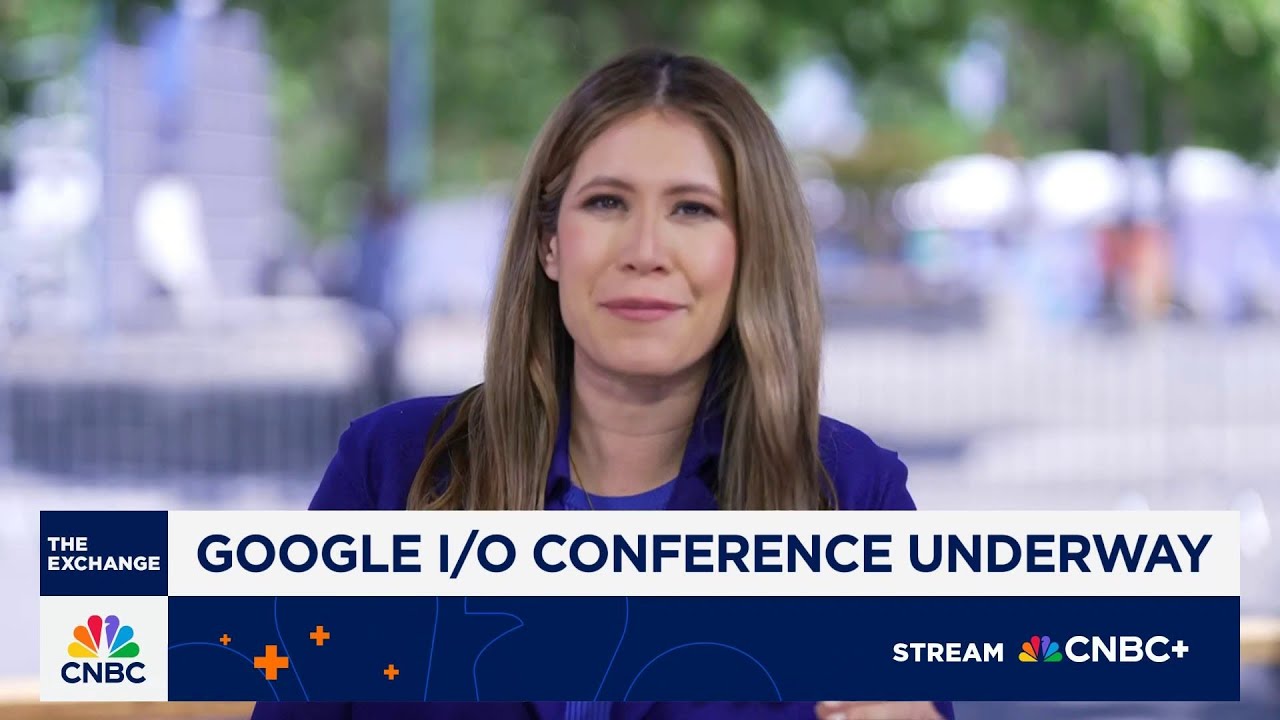At Google I/O, Sundar Pichai highlighted Google’s rapid AI advancements, especially through Gemini, which is gaining widespread developer and consumer adoption. The company is focusing on integrating AI into search and other products while exploring new monetization strategies and innovative projects like Project Astro and AI-enhanced Google Glass.
At Google I/O, Sundar Pichai opened the keynote by showcasing advancements in AI, particularly highlighting Google’s latest AI video generation capabilities through Gemini. The presentation emphasized Google’s rapid progress in integrating AI across its products, with a focus on Gemini, the company’s AI chatbot. Pichai stressed that Google is shipping AI features faster than ever to stay competitive in the evolving AI landscape, especially as rivals like Apple and OpenAI gain ground.
Gemini, Google’s AI model, is gaining significant traction both among developers and consumers. Pichai mentioned that Gemini is the fastest-growing model on Cursor, a popular coding app, indicating strong developer interest. The model’s popularity is reflected in user engagement, with over 400 million monthly active users, up from previous estimates of 350 million. Usage among premium users has increased by 45%, signaling growing adoption and confidence in Gemini’s capabilities.
Google is actively working to expand AI adoption beyond developers to the broader consumer market. While the company has made it somewhat challenging to access Gemini through its app, it is focusing on driving consumer engagement. The challenge remains for Google to catch up with competitors like ChatGPT in terms of user base and to find effective ways to monetize AI features without disrupting its core advertising business, which remains highly profitable.
The company has yet to reveal detailed plans for monetizing its AI advancements, particularly in search. Pichai hinted at upcoming AI overviews and new features that could replace traditional search results, raising questions about how Google will balance AI integration with ad revenue. The upcoming rollout of AI-driven search summaries and overviews aims to attract a larger audience and potentially open new revenue streams, though specifics remain under wraps.
Looking ahead, Google is also exploring innovative AI projects like Project Astro, an AI assistant capable of understanding visual input, and the reintroduction of Google Glass in an AI-enhanced form. These initiatives suggest that Google is investing in a future where AI is seamlessly integrated into everyday devices and experiences. As the keynote progresses, more details are expected on how Google plans to leverage AI to enhance its products, monetize new features, and maintain its dominance in search and advertising.
